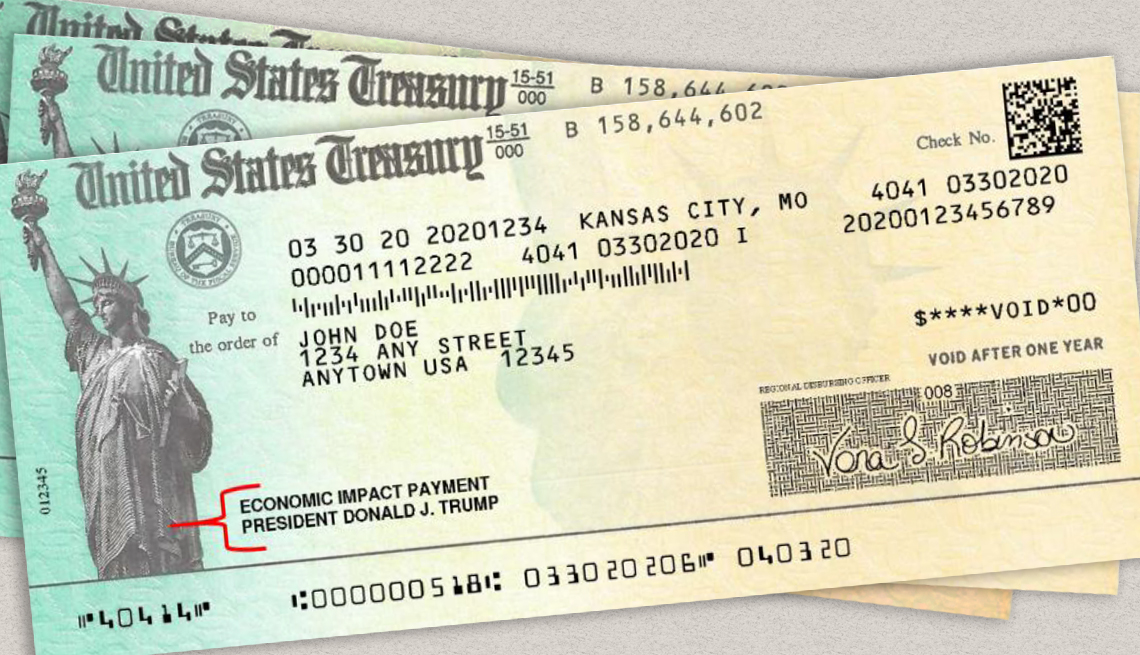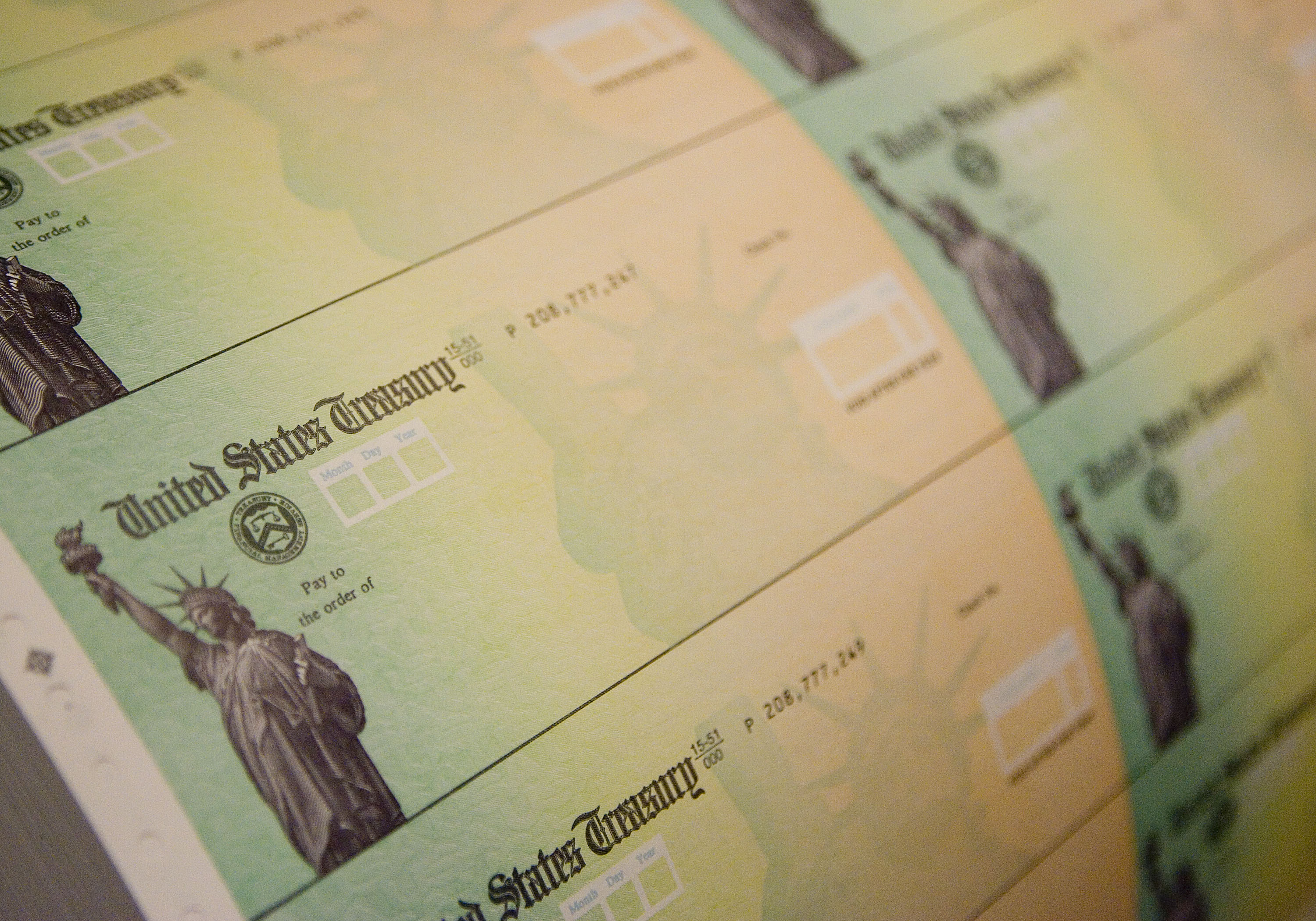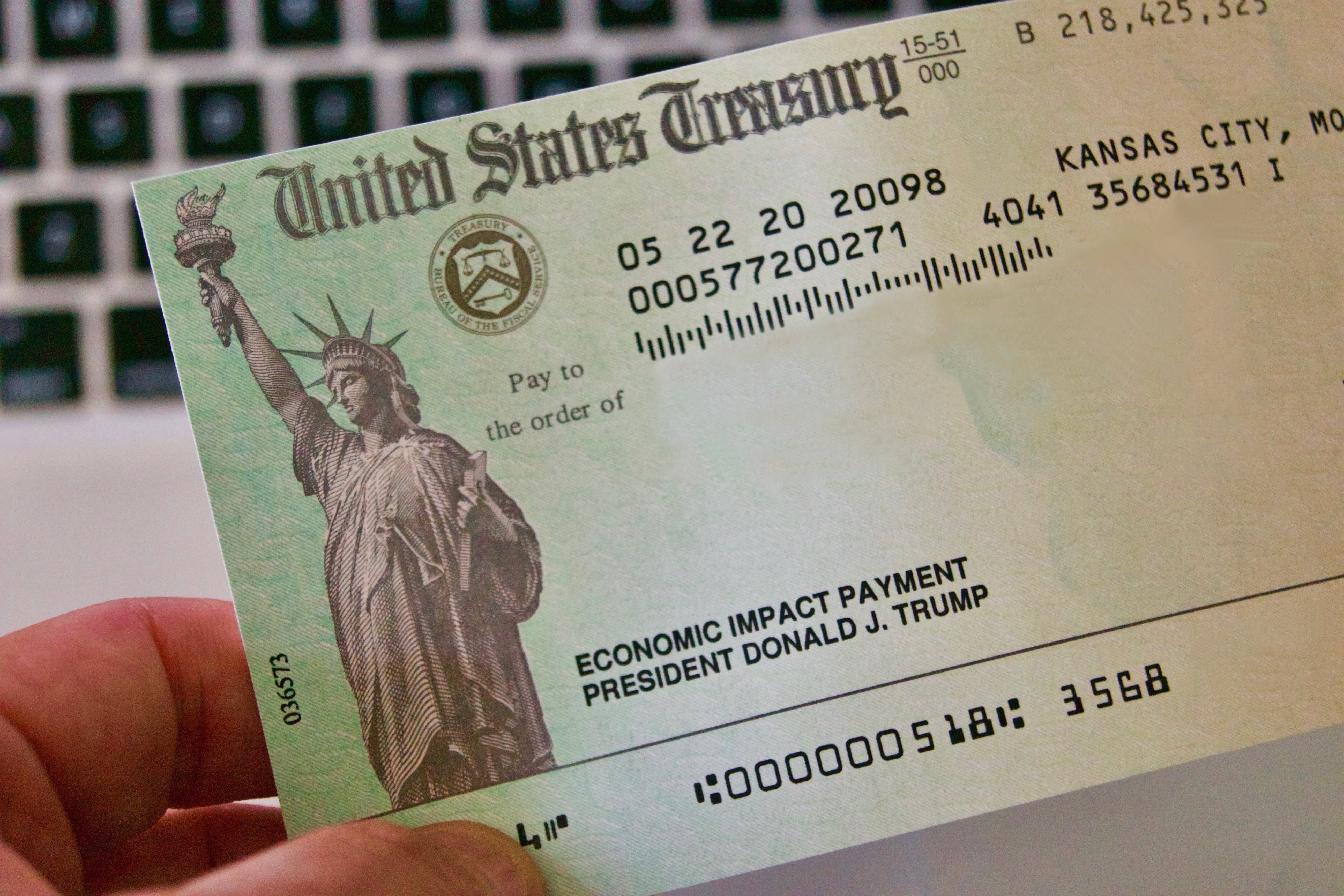Millions of Americans are eagerly waiting to find out if they qualify for the $1,400 IRS stimulus check as part of the latest economic relief package. This financial aid aims to provide much-needed support to individuals and families impacted by the ongoing economic challenges. In this article, we'll break down everything you need to know about the stimulus check, including eligibility criteria, how to check your status, and steps you can take to ensure you receive your payment.
The IRS has been working tirelessly to distribute these stimulus checks as quickly as possible. However, understanding whether you qualify and how to track your payment can be a bit confusing. This comprehensive guide will simplify the process and ensure you're well-informed about the $1,400 stimulus check.
From eligibility requirements to updates on the IRS system, this article will provide all the necessary details to help you stay updated and prepared. Let's dive in!
Read also:Wofford College Basketball A Comprehensive Guide To The Terriers Rise In College Basketball
Table of Contents
- Introduction
- Eligibility Requirements for the Stimulus Check
- How to Check If You Qualify
- Understanding the IRS System
- Stimulus Check Timeline
- Impact of Taxes on Stimulus Payments
- Direct Deposit vs. Paper Checks
- Dependents and Additional Payments
- Common Questions About Stimulus Checks
- Conclusion
Eligibility Requirements for the Stimulus Check
Income Limits for Eligibility
One of the most critical factors in determining eligibility for the $1,400 IRS stimulus check is income. The IRS uses your Adjusted Gross Income (AGI) from your most recent tax return to decide if you qualify. For single filers, the phase-out begins at $75,000 and ends at $80,000. For married couples filing jointly, the phase-out starts at $150,000 and ends at $160,000.
Other Eligibility Criteria
In addition to income, there are other criteria you must meet:
- You must have a valid Social Security number.
- You cannot be claimed as a dependent on someone else's tax return.
- You must be a U.S. citizen or qualifying resident alien.
How to Check If You Qualify
Using the IRS Get My Payment Tool
The IRS provides a user-friendly tool called "Get My Payment" to help you check your eligibility and track your stimulus payment. Simply visit the IRS website, enter your personal information, and follow the prompts. This tool will provide you with real-time updates on your payment status.
Reviewing Your Tax Return
If you prefer a more manual approach, you can review your most recent tax return to determine your eligibility. Focus on your AGI and ensure you meet the other criteria mentioned earlier. This method requires a bit more effort but can be equally effective.
Understanding the IRS System
How the IRS Processes Stimulus Payments
The IRS uses a combination of automated systems and manual processes to distribute stimulus payments. Once you've submitted your tax return, the IRS reviews your information to determine your eligibility. Payments are then issued either via direct deposit or paper checks, depending on your preference.
Common Issues with IRS Payments
Some individuals may experience delays or issues with their stimulus payments. Common problems include incorrect bank account information, processing errors, or changes in personal circumstances. If you encounter any issues, contact the IRS for assistance.
Read also:Severance Finale A Compelling Conclusion To An Extraordinary Series
Stimulus Check Timeline
When Can You Expect Your Payment?
The timeline for receiving your stimulus check varies depending on your method of payment. Direct deposit payments are typically issued within a few days, while paper checks may take several weeks. The IRS aims to distribute payments as quickly as possible, but there may be some delays due to high demand.
Important Dates to Remember
Keep an eye on key dates related to the stimulus check. These dates include the deadline for submitting your tax return and any updates from the IRS regarding payment distribution. Staying informed will help you stay ahead of any potential issues.
Impact of Taxes on Stimulus Payments
How Taxes Affect Your Stimulus Check
Taxes play a significant role in determining your stimulus payment. If you owe back taxes or have outstanding debts, the IRS may reduce or withhold your payment to cover these obligations. It's essential to review your tax situation carefully to understand how it might impact your stimulus check.
Tax Credits and Stimulus Payments
Certain tax credits, such as the Earned Income Tax Credit (EITC), may increase your eligibility for a stimulus payment. Be sure to claim all applicable credits when filing your tax return to maximize your benefits.
Direct Deposit vs. Paper Checks
Choosing the Right Payment Method
Deciding between direct deposit and paper checks depends on your personal preferences and circumstances. Direct deposit offers faster access to your funds, while paper checks provide a tangible record of your payment. Consider your needs and choose the option that best suits you.
Updating Your Bank Information
If you've changed banks or updated your account information, be sure to inform the IRS promptly. Providing accurate and up-to-date information ensures your payment is delivered correctly and efficiently.
Dependents and Additional Payments Eligibility for Dependent Payments
Eligible dependents may also qualify for additional stimulus payments. Each qualifying dependent can receive up to $1,400, depending on their age and circumstances. Ensure you include all eligible dependents on your tax return to secure these additional payments.
Claiming Dependents on Your Tax Return
To claim dependents, you must provide their Social Security numbers and meet specific criteria. Review the IRS guidelines carefully to ensure all your dependents are accounted for and eligible for stimulus payments.
Common Questions About Stimulus Checks
What Happens If I Missed the Deadline?
If you missed the deadline for filing your tax return, you may still be eligible for a stimulus payment. However, you'll need to file your return as soon as possible to ensure your payment is processed. The IRS provides resources to help you catch up on any missed deadlines.
Can I Appeal a Denied Payment?
If your stimulus payment is denied, you have the right to appeal the decision. Gather all relevant documentation and contact the IRS to dispute the denial. Providing clear evidence of your eligibility can increase your chances of a successful appeal.
Conclusion
In conclusion, the $1,400 IRS stimulus check offers much-needed financial relief to millions of Americans. By understanding the eligibility requirements, utilizing the IRS tools, and staying informed about the timeline and updates, you can ensure you receive your payment without complications.
We encourage you to take action by checking your eligibility, updating your information, and staying updated with the latest IRS announcements. Don't forget to share this article with friends and family who may benefit from the information. For more insights and updates, explore our other articles and resources.
References:


